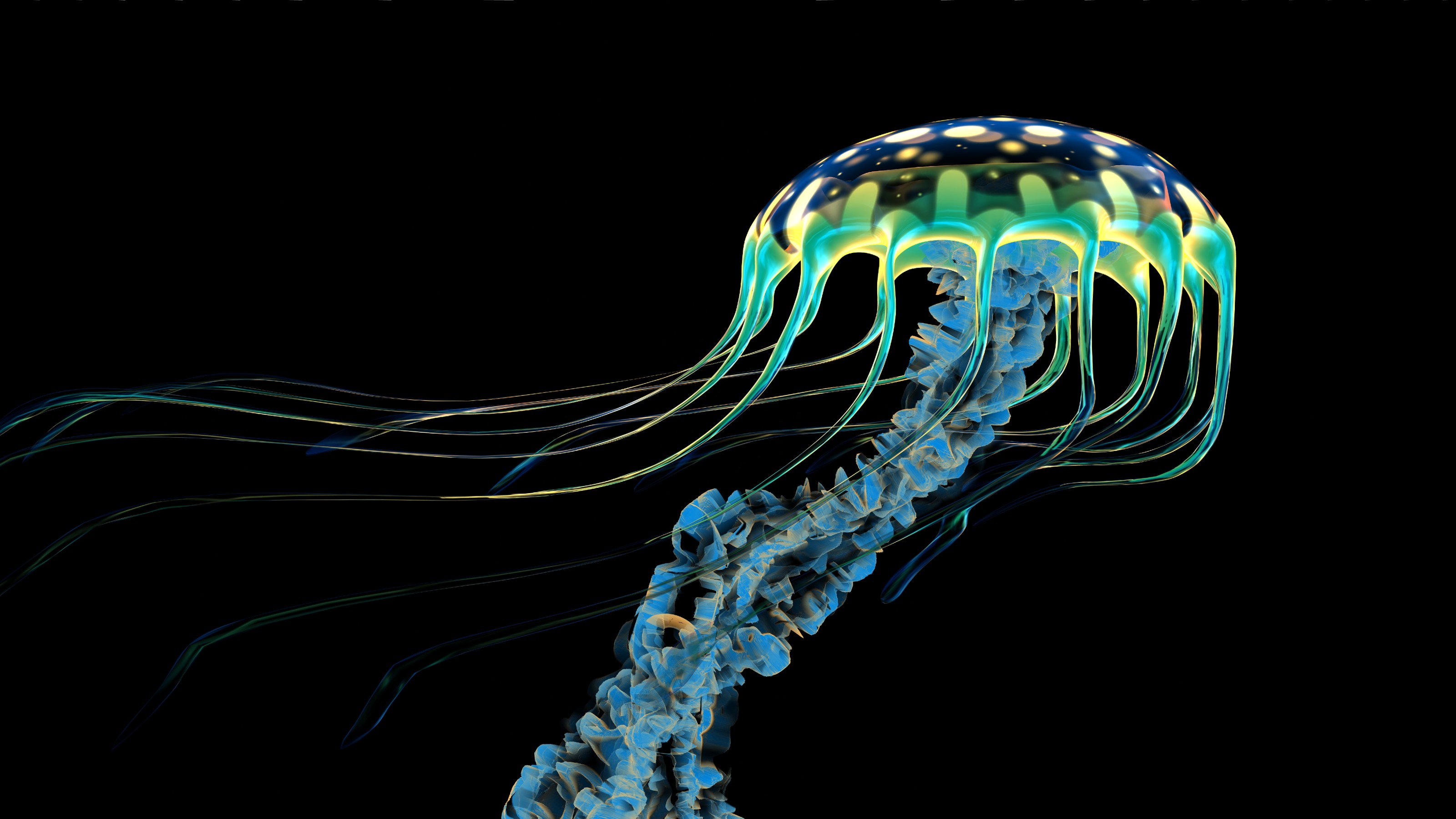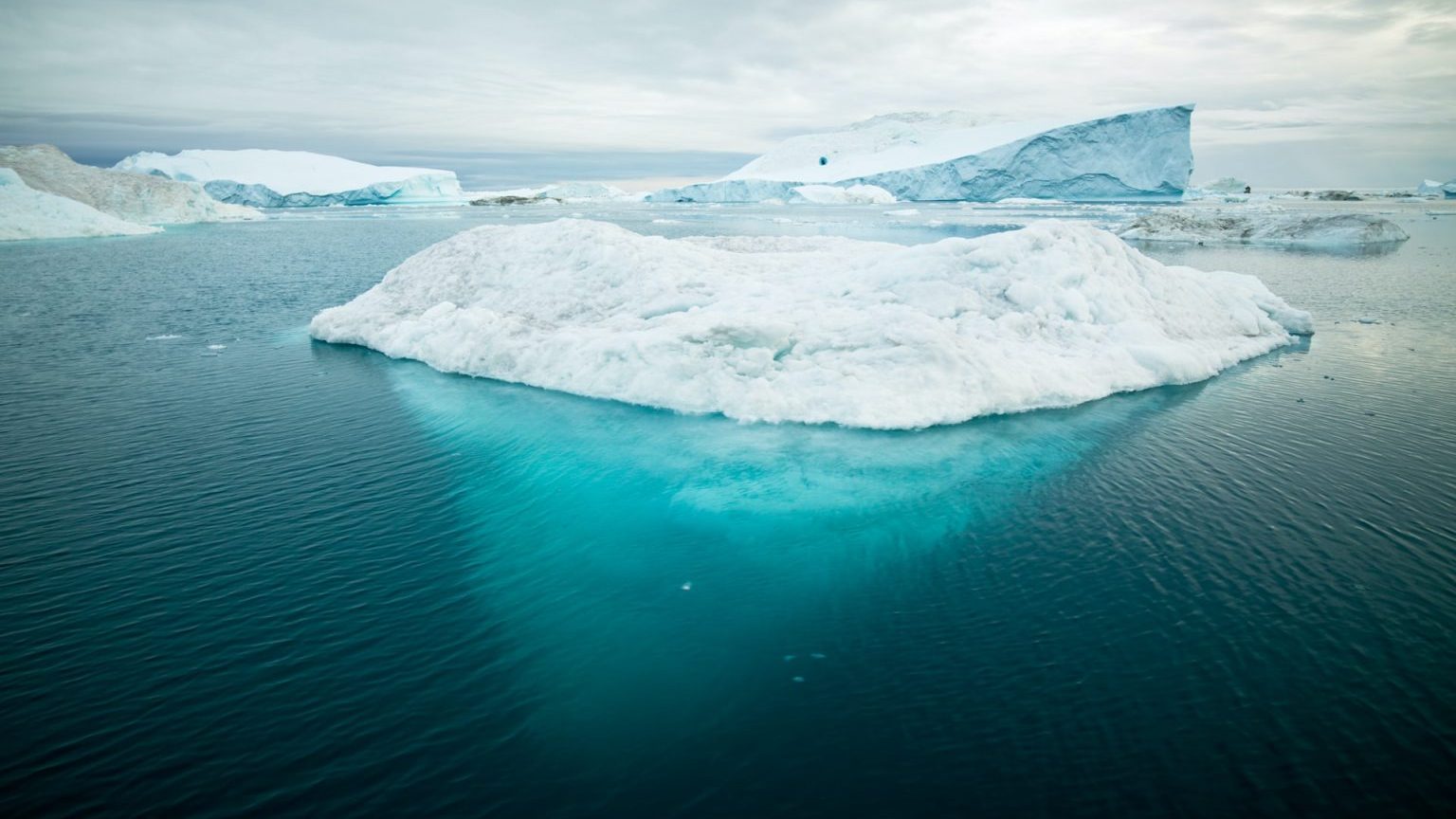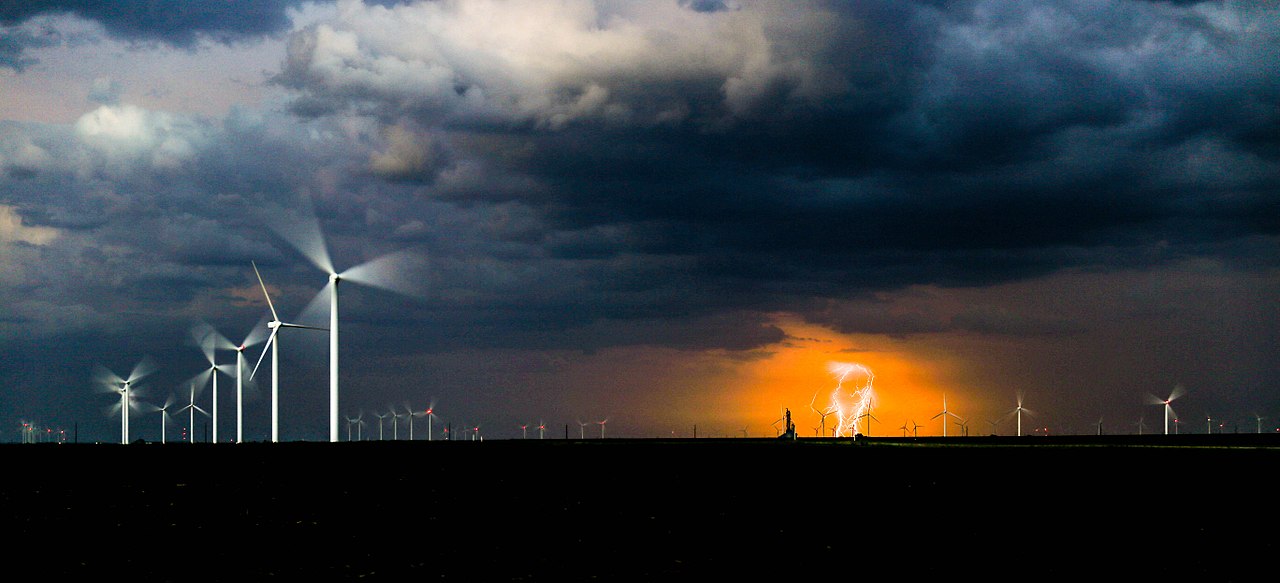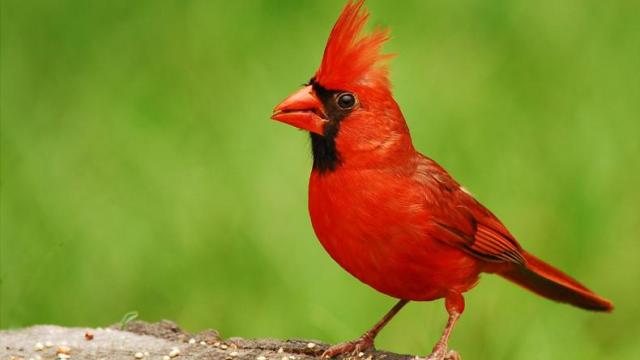Marine Life Adapting to Climate Change
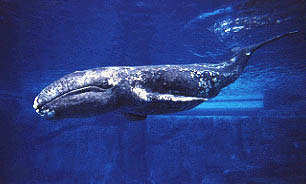
What’s the Latest Development?
Two new studies indicate that certain marine life in the Pacific Ocean are beginning to adapt to climate change. The gray whale, typically known as a bottom feeder, has been found by a recent University of California, Berkeley, study to also be capable of feeding on krill near the surface. Fish in the Pacific will adapt to rising ocean temperatures, due to climate change, by moving to cooler waters in the north. Based on a National Oceanic and Atmospheric Administration model, 28 distinct species moved northward an average of 25 miles per decade.
What’s the Big Idea?
That marine life is capable of adapting to climate change is neither evidence that global warming is ultimately survivable nor that we are all doomed. Temperature increases in the models used to conduct the studies were significant but not massive. Life will adapt up to a point and as changes in the environment cause one species to change its behavior, the modification will echo up the food chain. As fish in the Pacific migrate north, for example, human populations that depend on fishing will struggle or migrate with the fish.

